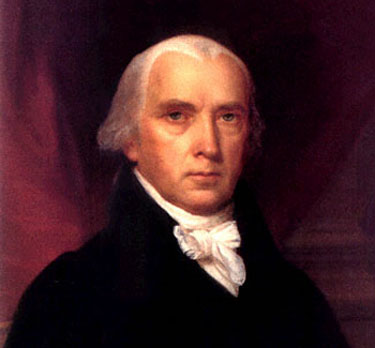My modest proposal on gay marriage has elicited some fascinating reaction. (I suggested religious conservatives should endorse gay marriage if gays back an agenda to reduce the divorce rate)
Religious conservatives have been uncharacteristically quiet. Crickets. Stay tuned.
The reaction from gay marriage advocates has been varied.
The majority said they would support the idea, since they mostly do want long-lasting marriages. Typical was “Matt Carter” who wrote on Huffington Post:
“That’s an interesting proposition. It raises some strange issues about essentially abridging your freedom to divorce, but frankly I find that far less offensive that not having the freedom to marry. And I think that the GLBT community would probably be willing to embrace this idea. You don’t fight this hard for something unless you believe in the principle, and why wouldn’t we want the institution of marriage to thrive? If that’s really want the right-wingers want, then I don’t see why this couldn’t work.”
But quite a few thought gays shouldn’t be working to fix straight marriages. “Ldavis24” wrote:
“The argument that somehow people will be more accepting of Gay marriage if gay people do more to support the moronic straight people who are incapable of keeping their marriage together doesn’t make any sense and it is quite insulting.”
Finally, several said gays shouldn’t cooperate with people so hostile to their interests. “talkstocoyotes” wrote:
“Since when should ANYONE have to strike deals with religious theocrats to have what is supposed to be a right of citizens in this country? …. There’s ample evidence that there’s a hardcore anti-gay population in the US who are determined that same-sex relationships will get no recognition whatever. That kind of butt-kissing will produce little other than a bad smell at close range.”
The gay marriage debate includes some conflict over principle. But it also includes behavior motivated by irrational fears or rational fears that could be assuaged.
Some conservatives fear that by broadening the definition of marriage, you would weaken the institution. I’ve never found this particularly persuasive since the current high divorce rate has had nothing to do with gays. But just because marriage is in a sorry state doesn’t mean it couldn’t get worse. And it’s theoretically possible that if gays got married to make a political point and then got divorced with even more recklessness than straights (quite a feat, admittedly), then the institution of marriage would be weakened.
And, by the way, if there were a lot of gays out there who wanted to get married just as a way of getting social approval for being gay, well, then the conservatives fear about marriage being undermined would be justified.
(Yes, the same argument holds in reverse. Gays suspect that the real reason some oppose their marriages is not a concern about the institution but a desire to keep down gays. For those who really are concerned only about the sanctity of marriage, and are open to equal rights for gay Americans, this proposal should assuage your fears.)
Finally, some gay marriage advocates in effect argue that even if it’s something they would normally support, they’re not going to in this case because they don’t want to cooperate with the enemy. This is obviously politically counterproductive.
But more imporant, putting in steps to increase the likelihood of marriages succeeding will not only help straights but gays who do marry. The steps advocated are mostly non-coercive sensible measures, like requiring people to have counseling or a waiting period before marriage (as many religious institutions do already). They will help gay marriages survive too. You’re going to reject them just because they were proposed by the bad guys?

